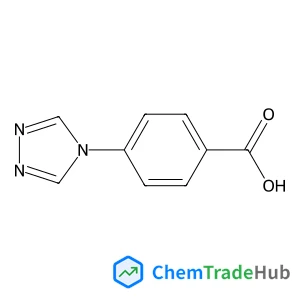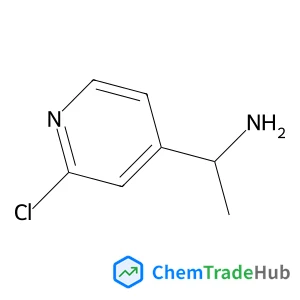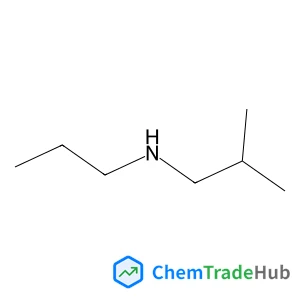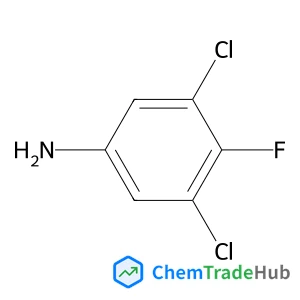Gene expression changes in human lung cells exposed to arsenic, chromium, nickel or vanadium indicate the first steps in cancer
Literature Information
Hailey A. Clancy, Hong Sun, Lisa Passantino, Thomas Kluz, Alexandra Muñoz, Jiri Zavadil, Max Costa
The complex process of carcinogenesis begins with transformation of a single cell to favor aberrant traits such as loss of contact inhibition and unregulated proliferation – features found in every cancer. Despite cancer's widespread prevalence, the early events that initiate cancer remain elusive, and without knowledge of these events cancer prevention is difficult. Here we show that exposure to As, Cr, Ni, or vanadium (V) promotes changes in gene expression that occur in conjunction with aberrant growth. We exposed immortalized human bronchial epithelial cells to one of four metals/metalloid for four to eight weeks and selected transformed clonal populations based upon anchorage independent growth of single cells in soft agar. We detected a metal-specific footprint of cancer-related gene expression that was consistent across multiple transformed clones. These gene expression changes persisted in the absence of the progenitor metal for numerous cell divisions. Our results show that even a brief exposure to a carcinogenic metal may cause many changes in gene expression in the exposed cells, and that from these many changes, the specific change(s) that each metal causes that initiate cancer likely arise.
Related Literature
IF 6.222
A hollow neuronal carbon skeleton with ultrahigh pyridinic N content as a self-supporting potassium-ion battery anodeIF 6.367
Chemoproteomics-based target profiling of sinomenine reveals multiple protein regulators of inflammationIF 6.222
Sugar ketals as a platform molecule to overcome the limitation of converting biomass into green-hydrocarbons in a typical refineryIF 6.367
MnO/C cubo-polyhedrons derived from α-MnO2@ZIF-8 as anode materials for high-performance lithium-ion batteriesIF 6.367
Photoactivatable fluorophores for durable labelling of individual cellsIF 6.222
A robust multifunctional ligand-controlled palladium-catalyzed carbonylation reaction in waterIF 6.222
Three-terminal III–V/Si tandem solar cells enabled by a transparent conductive adhesiveIF 6.367
Microscopic insights into long-range 1D ordering in a dense semi-disordered molecular overlayerIF 6.222
The limits to biocatalysis: pushing the envelopeIF 6.222
Source Journal
Metallomics

Metallomics publishes cutting-edge investigations aimed at elucidating the identification, distribution, dynamics, role and impact of metals and metalloids in biological systems. Studies that address the “what, where, when, how and why” of these inorganic elements in cells, tissues, organisms, and various environmental niches are welcome, especially those employing multidisciplinary approaches drawn from the analytical, bioinorganic, medicinal, environmental, biophysical, cell biology, plant biology and chemical biology communities. We are particularly interested in articles that enhance our chemical and/or physical understanding of the molecular mechanisms of metal-dependent life processes, and those that probe the common space between metallomics and other ‘omics approaches to uncover new insights into biological processes. Metallomics seeks to position itself at the forefront of those advances in analytical chemistry destined to clarify the enormous complexity of biological systems. As such, we particularly welcome those papers that outline cutting-edge analytical technologies, e.g., in the development and application of powerful new imaging, spectroscopic and mass spectrometric modalities. Work that describes new insights into metal speciation, trafficking and dynamics in complex systems or as a function of microenvironment are also strongly encouraged. Studies that examine the interconnectivity of metal-dependent processes with systems level responses relevant to organismal health or disease are also strongly encouraged, for example those that probe the effect of chemical exposure on metal homeostasis or the impact of metal-based drugs on cellular processes.
Recommended Compounds
Recommended Suppliers
 Brembana Costruzioni Industriali s.r.l.
Brembana Costruzioni Industriali s.r.l. PMR Tech UG (haftungsbeschränkt)
PMR Tech UG (haftungsbeschränkt) Tianjin Liuyue Hexin Technology Co., Ltd.
Tianjin Liuyue Hexin Technology Co., Ltd. Qingdao Bovonkem Pharmachem Tech Co., Ltd.
Qingdao Bovonkem Pharmachem Tech Co., Ltd. Guizhou Destinate Fine Chemical Industry
Guizhou Destinate Fine Chemical Industry DURAG GmbH
DURAG GmbH Dongguan Hui Xin Innovative Material Technology Co., Ltd.
Dongguan Hui Xin Innovative Material Technology Co., Ltd. Jiangsu Shuangma Chemical Group
Jiangsu Shuangma Chemical Group OTTO KLEIN GMBH
OTTO KLEIN GMBH Jiangxi Toplight Fortune Biotechnology Co., Ltd.
Jiangxi Toplight Fortune Biotechnology Co., Ltd.











![315234-49-2 - 1-[(Tert-butoxy)carbonyl]-2-(prop-2-en-1-yl)pyrrolidine-2-carboxylic acid 315234-49-2 - 1-[(Tert-butoxy)carbonyl]-2-(prop-2-en-1-yl)pyrrolidine-2-carboxylic acid](/structs/315/315234-49-2-fe31.webp)


